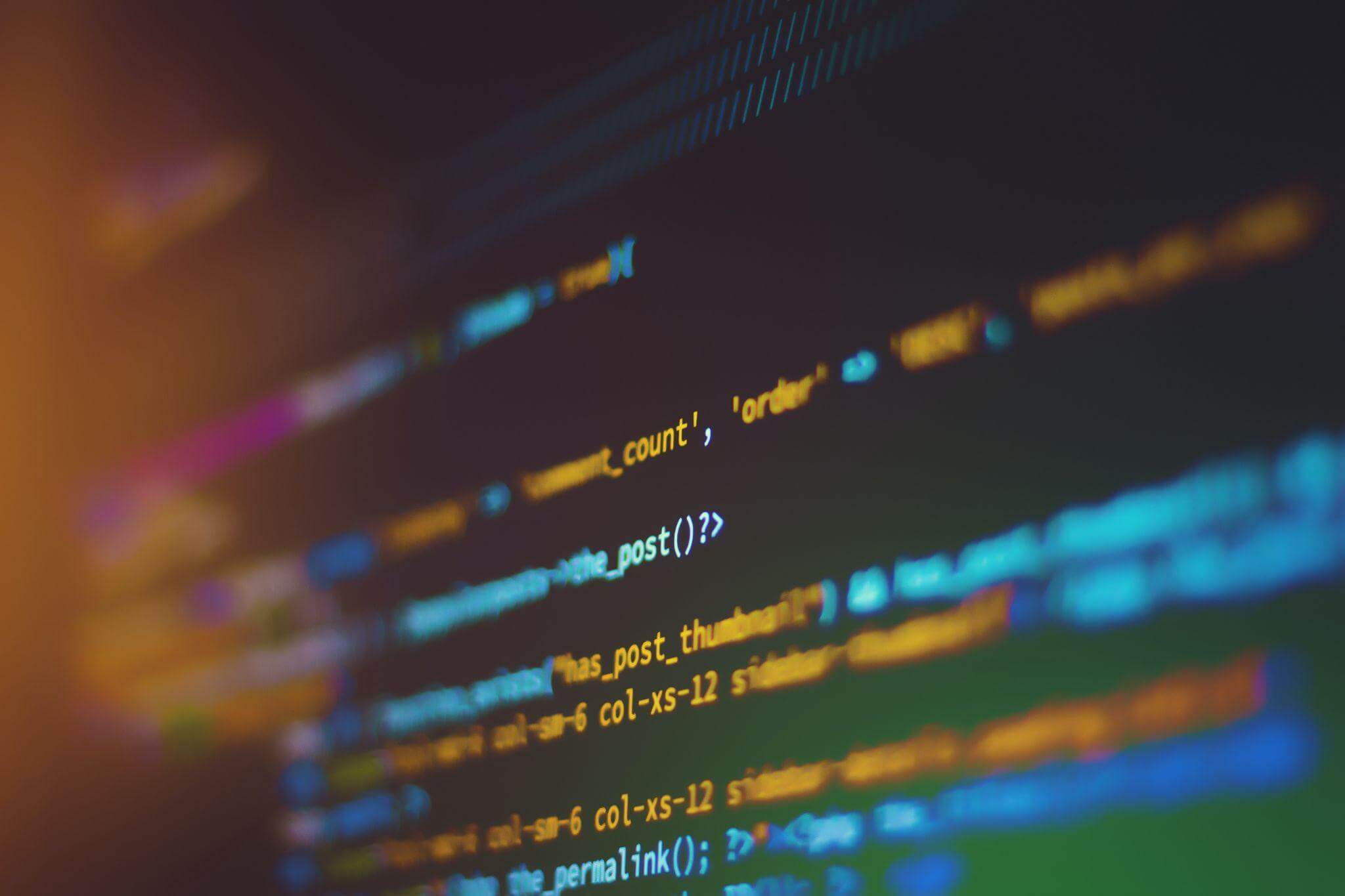Here's What You Need To Know When You Store And Send Confidential Data
Individuals and legal entities should know how to secure their data. Learn how to safely store and share files and data so that the scammers don't get to you.
Regardless of whether you're an ordinary person or a company representative, it is essential to keep confidential data. Cyber security skills are a must for every Internet user. An individual can independently read about online security methods in the network, and companies must have data security services.
Scam Detectors Most Trusted Websites in Online Security
- Guard.io (100): Surf the web safely. Clean up your browser, remove maliscious extensions and check for privacy violations.
- Incogni.com (100): Delete your personal data from the internet and protect against scams and identity theft.
- ExpressVPN (100) Stay secure and anonymous online - Best VPN Out There
- IPVansish (100) Fast VPN to stay safe and secure online with multiple discount plans.
All data that you enter on the network has a personal meaning. You need to establish a data storage system, learn basic security principles and apply them in practice.
Below, we will explain how to store data safely and how to send confidential information safely.
Data Storage

1. Determining Where To Store Data
First, you should find all the critical files and data of particular importance and distribute them in different folders for quick search. This must be done so that your data does not get mixed with files that do not pose security threats.
If you store any important information on your phone, use the hide folder function to avoid accidentally deleting or forwarding it to your contacts.
When working in a company, do not save work information on your smartphone, since all computers inside the office are protected by firewalls, which your mobile device cannot boast of.
2. Encrypt Data And Your Devices
Before moving your files to separate folders, you need to encode them so that only you have access to them. It is important to do this before saving them to the cloud or transferring them to the server.
During data encryption, you will need to come up with a password that only you will know so that third parties do not gain access. Come up with a strong password and remember it. It is much better to store such information in your head so that no one can hack it for sure. Remember, you cannot restore it if you forget.
Besides encrypting your data, be sure to encrypt your smartphone or work computer. This will help keep your device secure and prevent hacking. Also, to be one hundred percent sure, install a screen recorder with no watermark. This way, your device will record video if someone wants to break into your computer.
3. Password Manager And Two-Factor Authentication
In addition to encrypting your files, you need to keep your devices secure. A password manager and two-factor authentication will help you with this. It's hard indeed to come up with a unique password for everything and even harder to remember it.
A password manager will help you with this, which will generate passwords and you will not need to remember each one. All you need to remember – make it memorable – is the password from the manager.
Also, if you use applications that can enable two-factor authentication, do it by all means.
4. Data Backup
In the event of data breaches, you must be fully prepared. In this case, you will be able to recover confidential data.
Many software solutions offer data backup services. You just need to regularly monitor that the data is saved in full so that during an attack, you know for sure that you can recover all the data.
5. When Connecting To Wi-Fi In The City, Use a VPN
If you can work remotely and prefer to work in a cafe with free Wi-Fi, then make sure you have a VPN turned on, which will encrypt your data. In this case, your actions cannot be tracked.
Sending

6. Find a Platform To Share Information And Files
You need to use a proven secure file sharing platform to be entirely sure that you can safely share data without being intercepted by anyone.
Your information will be fully encrypted and you won't have to worry about files being lost or damaged. Your ISP will be able to solve your problems.
7. Configure Access And Permissions
Each place where your data is contained should be configured to be open only to authorized people. This can be a laptop, cloud storage, or data exchange device.
You need to make restrictions on parameters such as the ability to share and edit files. On your devices and applications, you can make limited access for people with different access levels. You can protect links with a password, set expiration dates or download limits.
These settings can be definitely changed at any time, but you can be sure that everyone will have access only to the info they are supposed to know.
8. Use a Password Generator
To further protect your files, you can create passwords for them that only authorized personnel can use. The password must contain between 10 and 15 characters. Use different letters, numbers, and special characters that you have never used before.
To avoid forgetting it, you can make a reminder note for yourself without mentioning the entire password. In this case, of course, it is much better not to create passwords that will contain your personal data: pet's name, mom's surname or dates of birth.
Your best bet is to use password generators, which will generate long and unique passwords. Remember that you must have different passwords for each service and document. If hackers decrypt one, then they can quickly gain access to all your data. Do not make it easy for them.
Also, come up with new passwords every few months, so you know you're safe. Set yourself a reminder every few months, so you don't forget to update your information.
Better Safe Than Sorry
In the Internet age, every person and company is vulnerable to hackers who develop new ways to get your confidential information. Taking security measures is time-consuming, but you can ensure that your data will not leak into the network and be exploited by intruders.
Managing passwords, organizing folders, remembering your master password, and adhering to security best practices can be overwhelming. But it's worth it!
How To Report Suspicious Activity
Let your family and friends know about this article by sharing it on social media. You can also officially report scammers and suspicious activity to the Federal Trade Commission HERE.
How To Protect Yourself More
If you want to be the first to find out the most prevalent scams via email, then subscribe to the Scam Detector newsletter. You'll receive periodic emails – we promise not to spam.
Verify a website below
Are you just about to make a purchase online? See if the website is legit with our validator:
vldtr®


TOP 4 MUST-WATCH FRAUD PREVENTION VIDEOS
1. Top 5 Amazon Scams in 2024 2. Top 5 PayPal Scams in 2024 3. How To Spot a Scam Email in 2024
- Latest Posts by Selma Hrynchuk
-
How To Stop Robocalls
- -
Taking Control of Your Data Privacy: Protecting Yourself in 2024
- -
The Urgency of Removing Personal Information from the Internet
- All Posts













